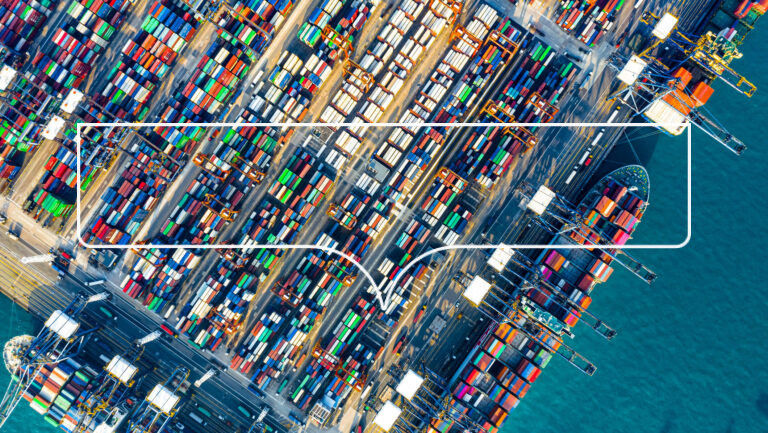Insights

Credit Spotlight on Tariffs: The Wider Impact
Tariffs are reshaping trade and credit risk. Credit Benchmark data highlights early signs of strain and resilience.
FILTER:
ARCHIVES:
SEARCH:

Not So Healthy? US Health Care Credit Trends
As pandemic-related spending continues to fall, the US Health Care sector is beginning to show credit deterioration.

“Lehman Moment” for European Power Companies – Who Is at Risk?
European Governments are pledging hundreds of billions of Euros in financial aid to power generators and distributors, plus support for consumers facing massive energy price hikes. But an even larger crisis may be lurking in European energy trading, with the FT reporting sector margin requirements as high as €1trillion – vastly in excess of current sector liquidity.

EU Capital Rules to Increase Buyside Trading Costs
New EU capital rules may lead to a fivefold increase in buyside trading costs, potentially rendering this activity unprofitable. With the risk looming of a less vibrant European capital market, it is necessary for the industry, policy makers and regulators to work collectively on appropriate solutions to ensure European savers are not financially penalised.

Transition Matrices: Multi-Notch Downgrades
Credit Benchmark’s Transition Matrices show that post-COVID credit recovery has been strong across most credit categories, but at the same time a significant number of investment grade firms have started to be subject to multi-notch downgrades.

Credit Portfolios and Rising Defaults: Tracking Credit Risk Correlation Shifts
Credit portfolio managers face spiking interest rates and rising defaults, and contagion from one sector to another is a major concern. Consensus credit aggregates show how credit risk correlations between sectors are changing.

CCP Monitor: Improving Risk Trends, Member Upgrades Dominate
The latest Central Counterparty Clearing House (CCP) monitor produced by Credit Benchmark shows further improvements in credit quality in North American and European CCPs. However, as the monitor demonstrates, CCP member risk does not always reflect that of the CCP itself.


